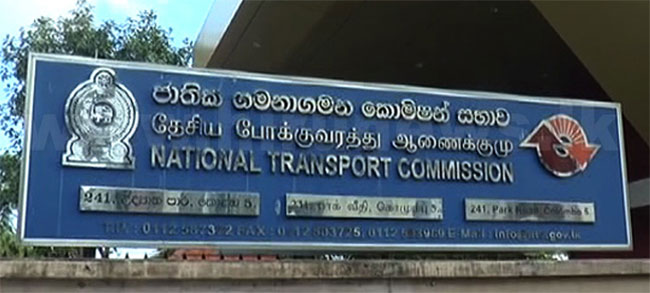February 09, Colombo (LNW): The National Transport Commission (NTC) has announced plans to introduce an electronic payment system, in a bid to modernise the country’s public transport system and provide enhanced convenience for commuters.
This new initiative is set to reduce the reliance on cash transactions, streamlining the payment process for passengers whilst improving overall efficiency within the public transport sector.
The system will allow passengers to pay for their journeys using bank cards, making it easier and more secure for people to travel without needing to carry cash.
The NTC has confirmed that electronic payment devices will be installed on all buses across the country in the near future, paving the way for a seamless and modern travel experience.
The introduction of this payment method is expected to offer a number of benefits, including faster boarding times, reduced administrative costs for transport operators, and the provision of more reliable and accurate data regarding passenger numbers and routes.
Furthermore, the move aligns with global trends towards digitalisation, bringing Sri Lanka’s public transport system in line with international standards.
Commuters will soon be able to enjoy a smoother, more efficient travel experience, with the added convenience of being able to pay for their fares without the need for cash, using the latest in electronic payment technology.

